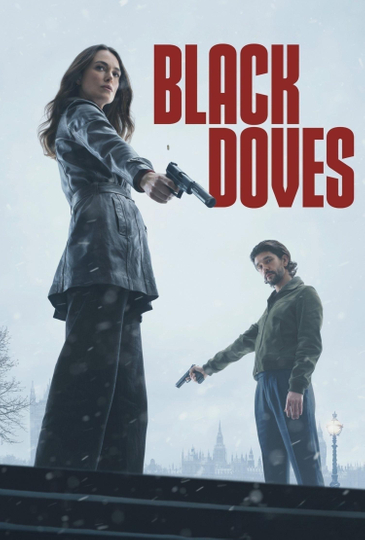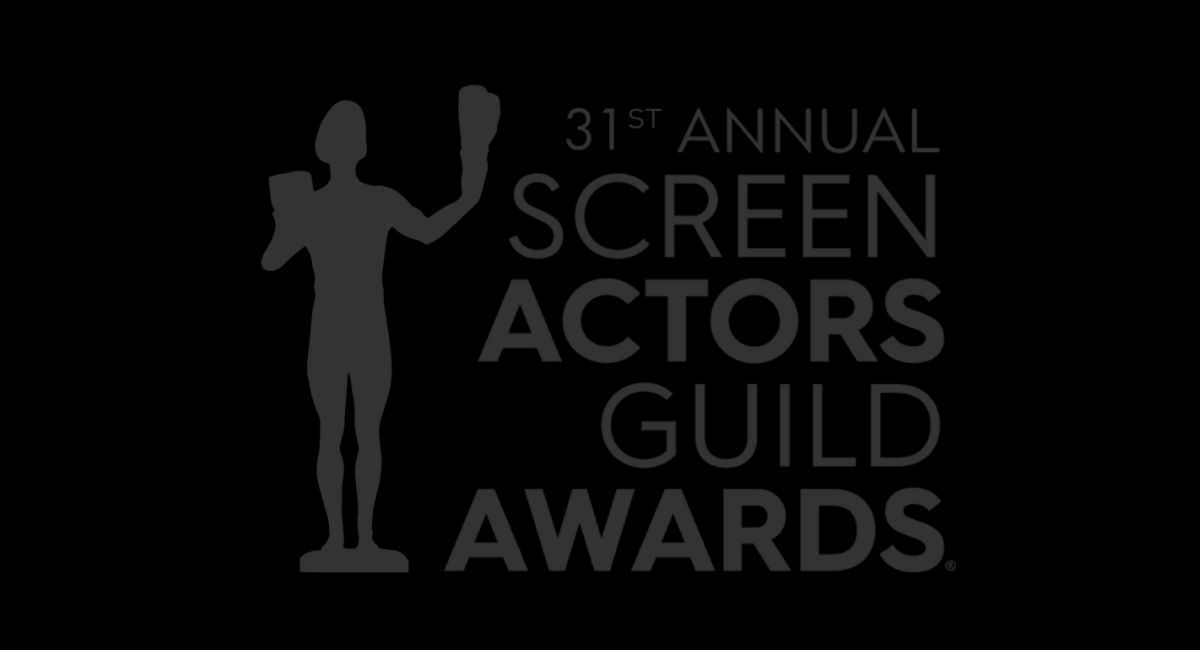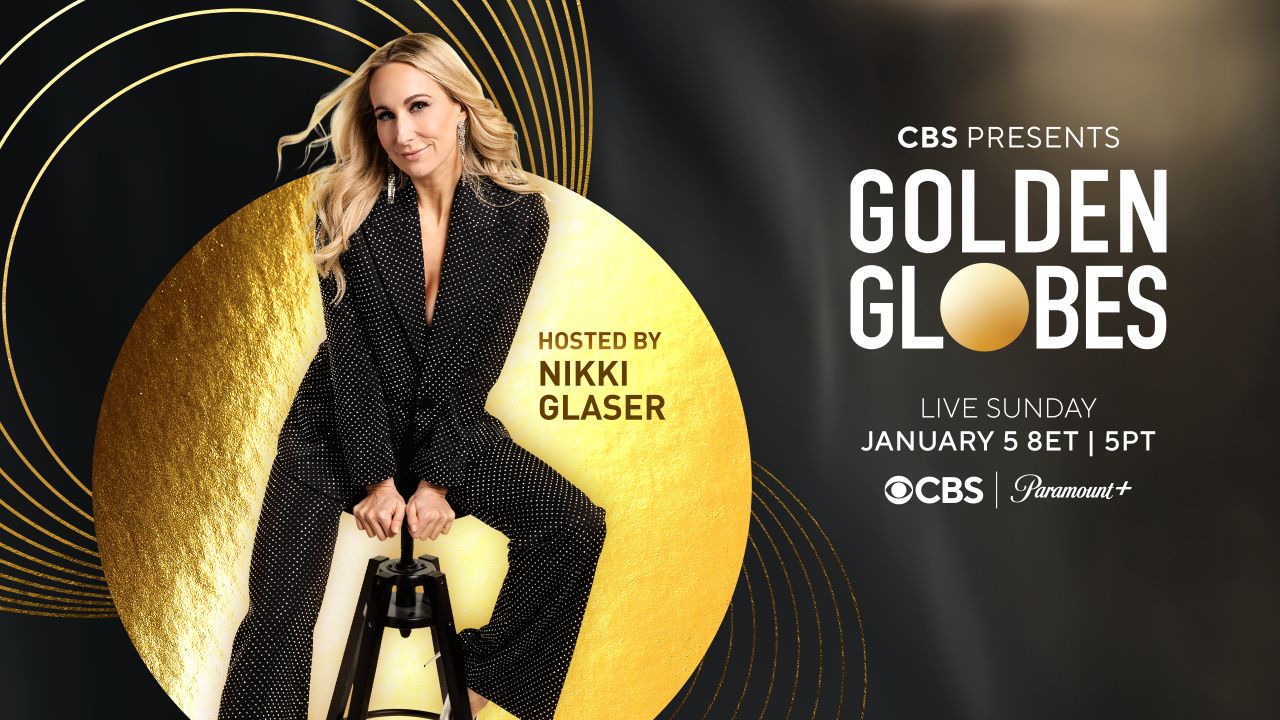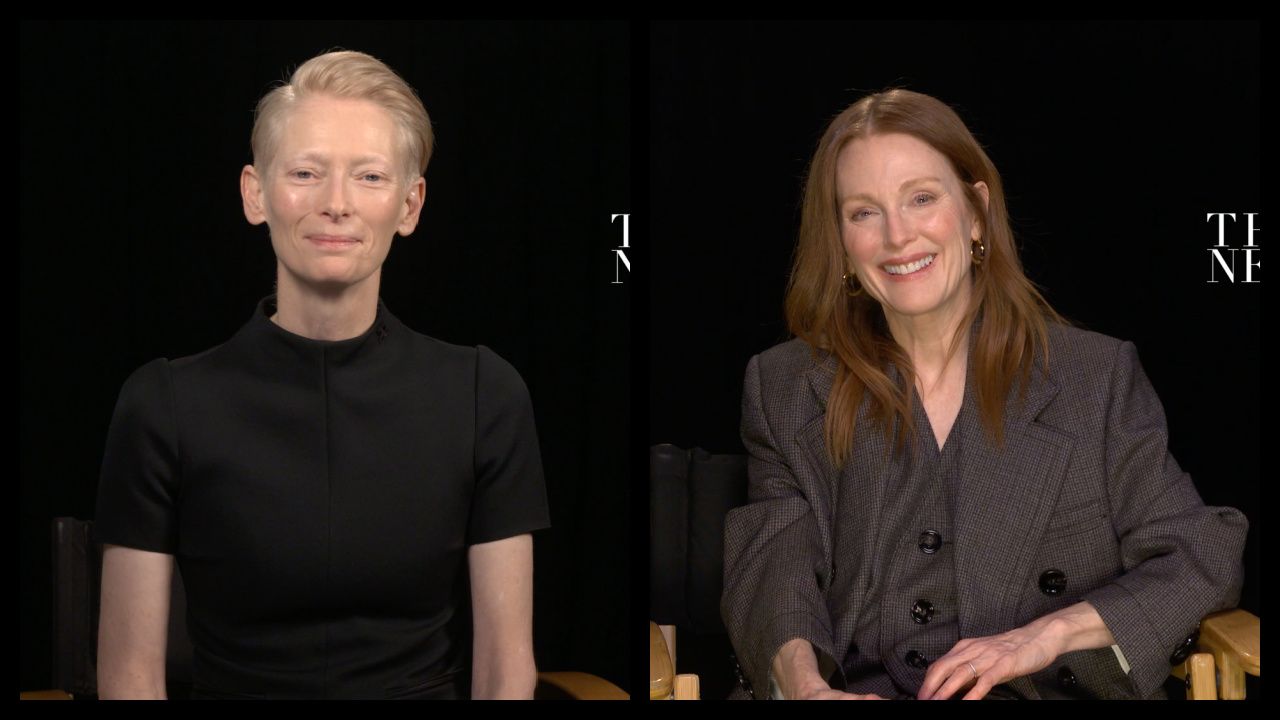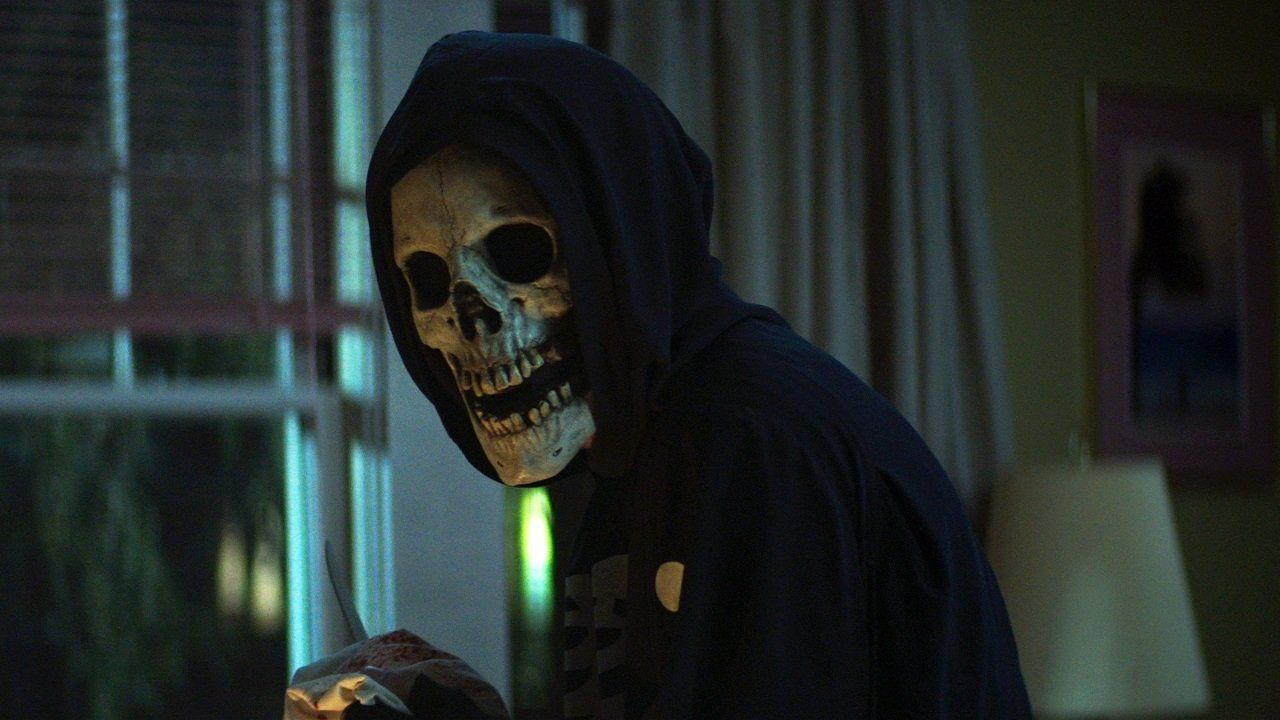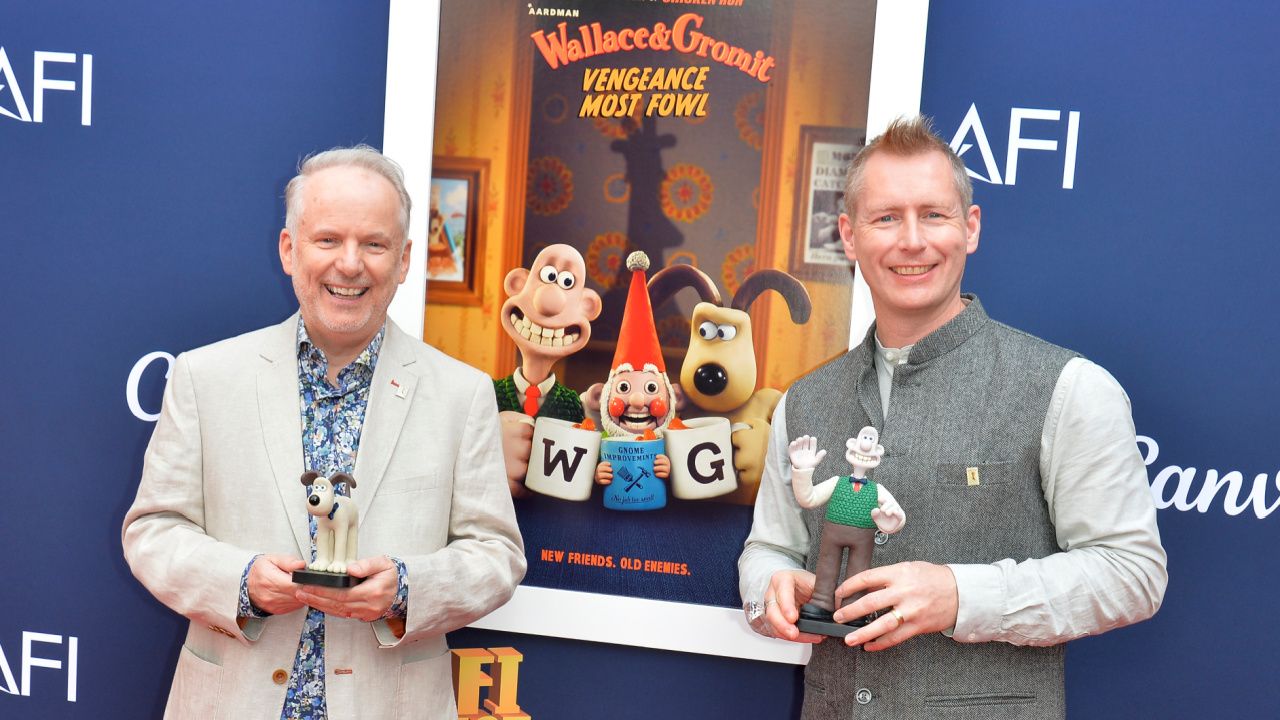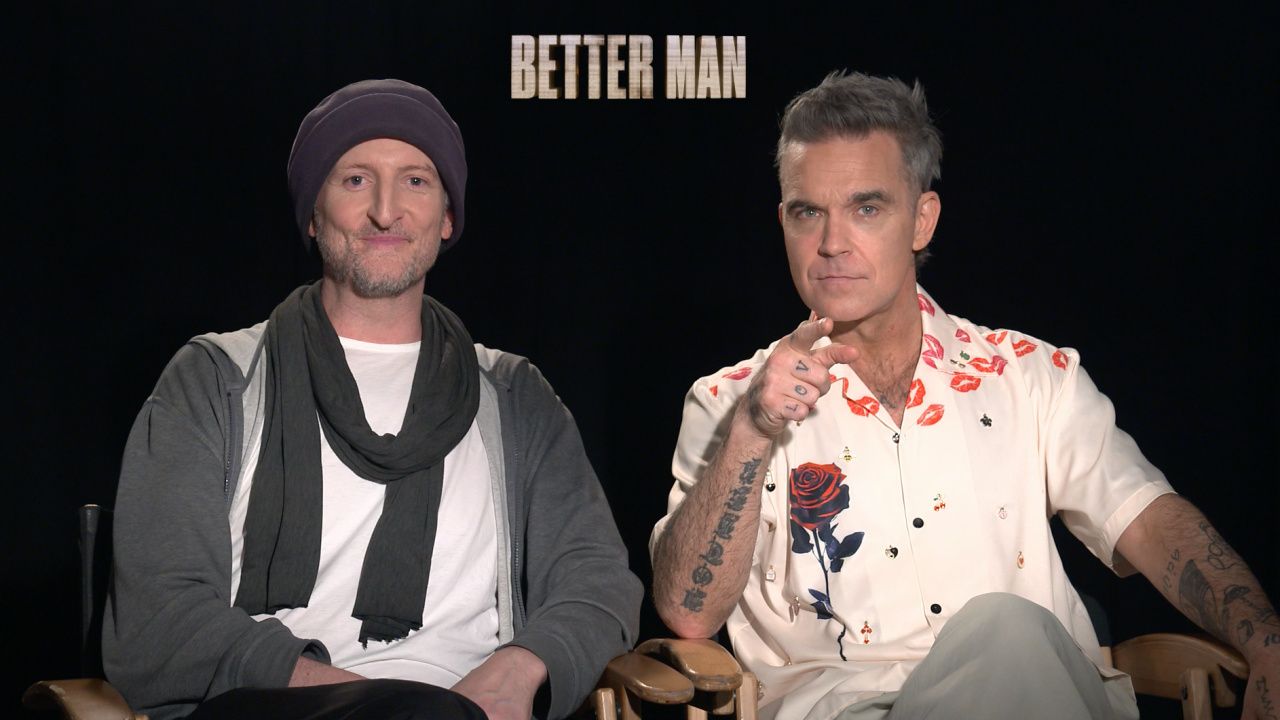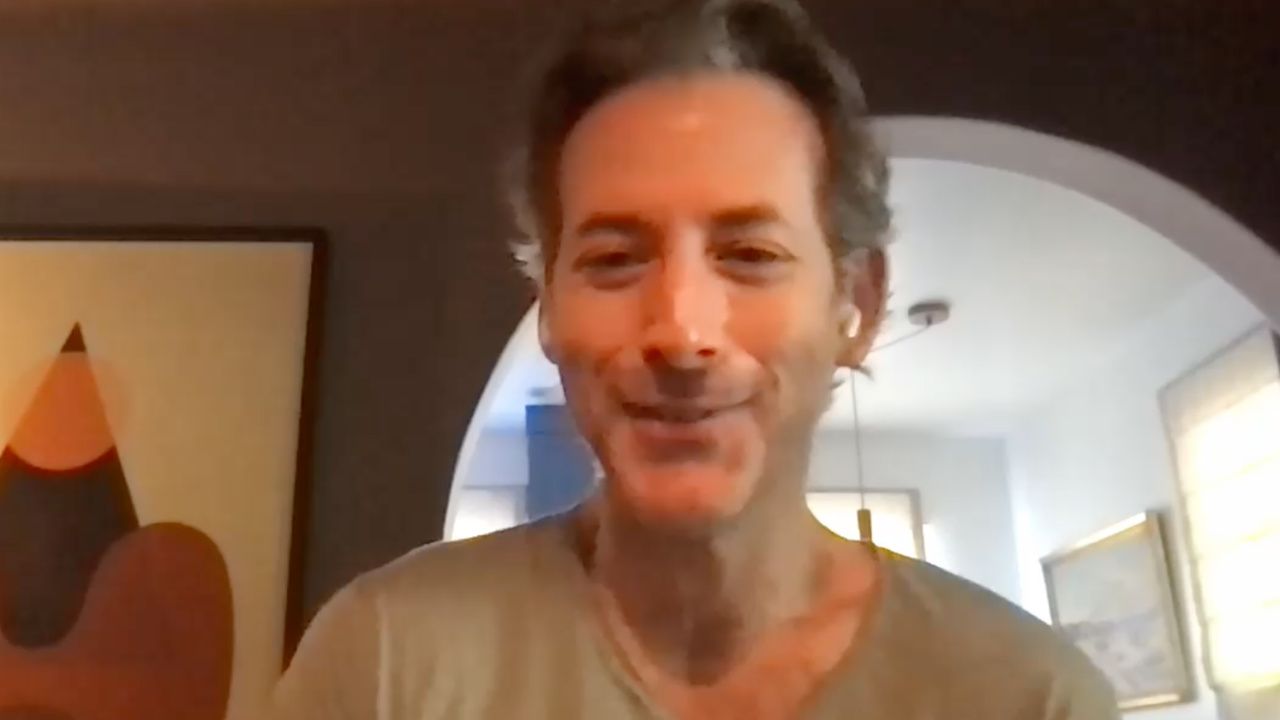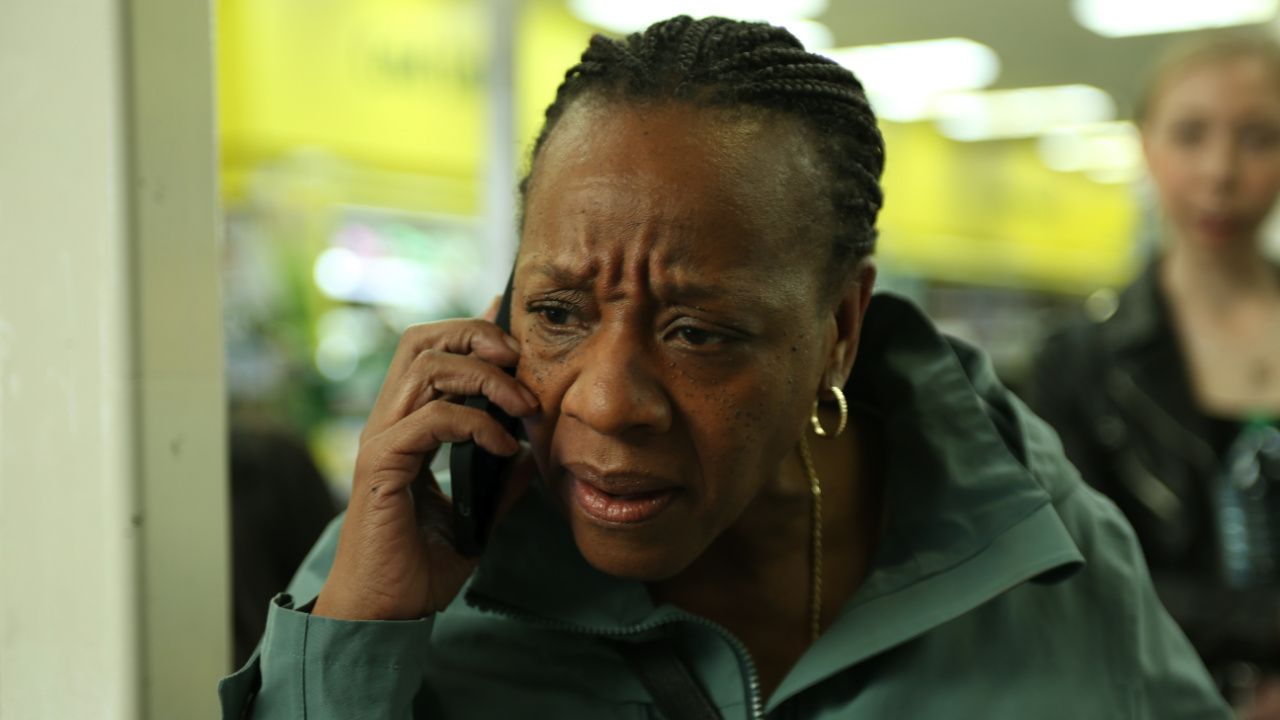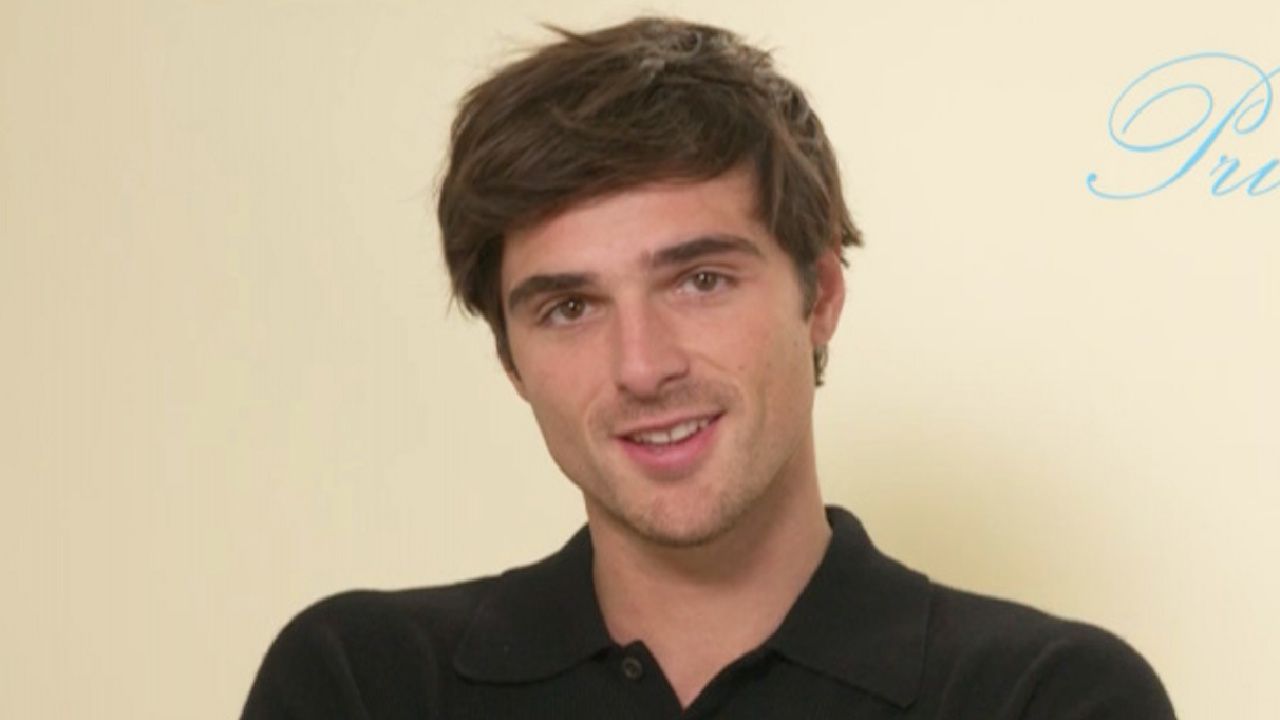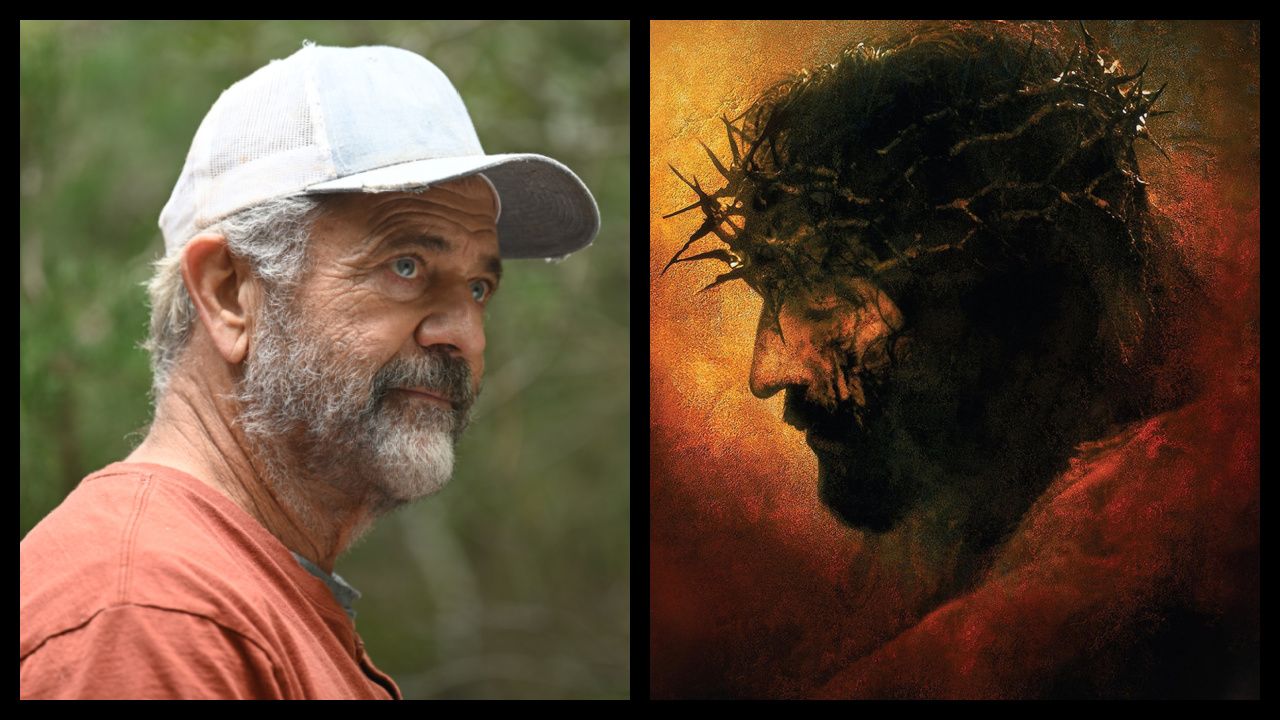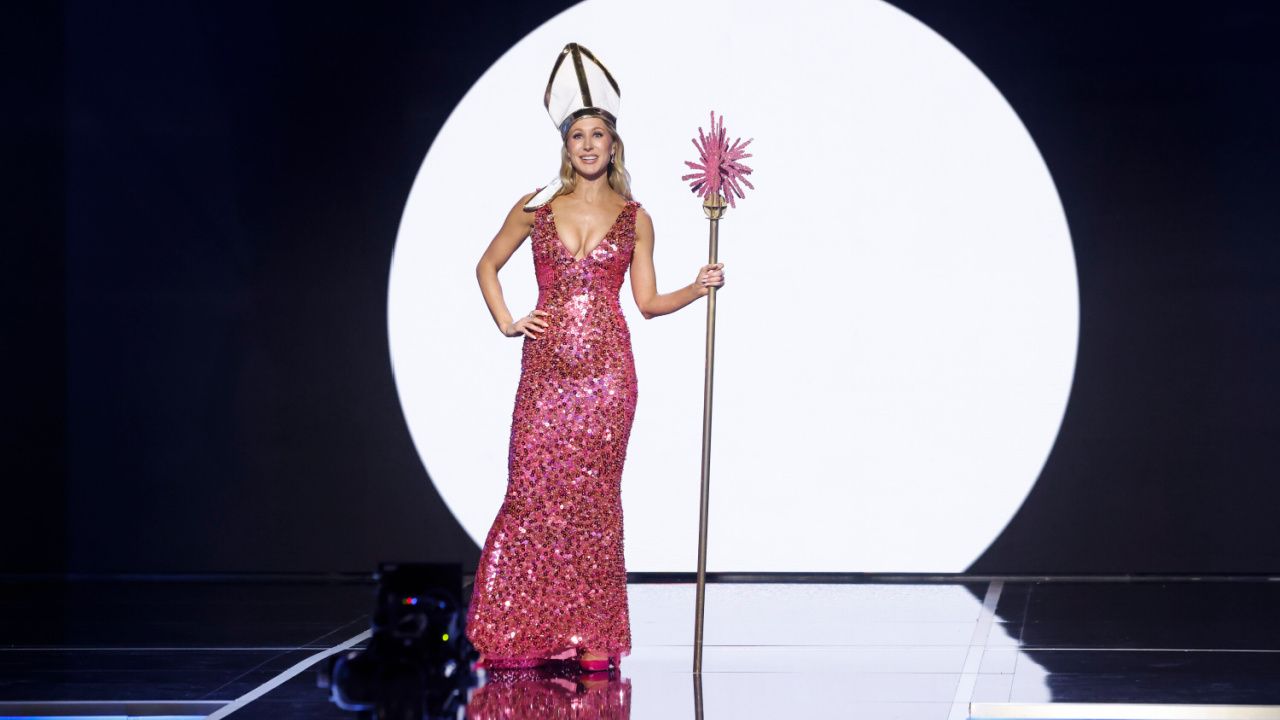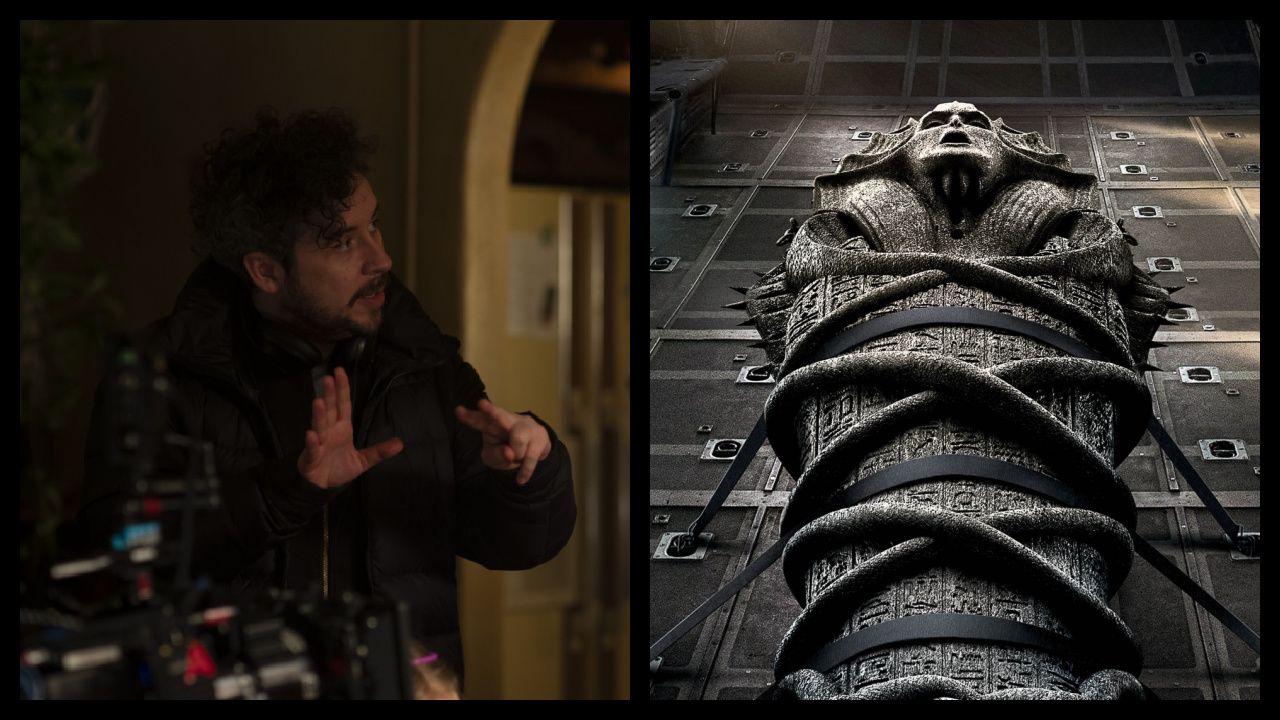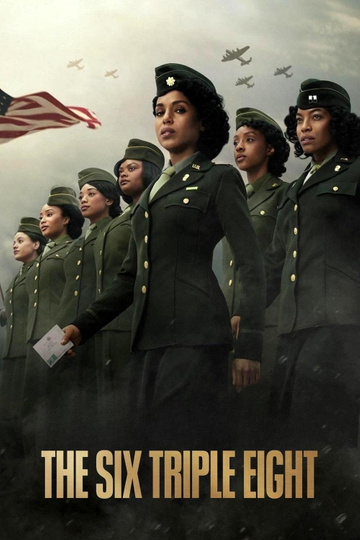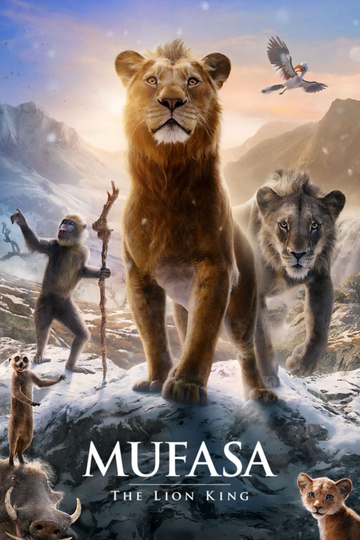Kevin Bacon and His 'I Love Dick' Character Are More Alike Than You Think
The leading lady, played by I Love Dick" is desperate to get intimate with the show's titular object of desire -- and when Dick is played by screen icon Kevin Bacon, can she be blamed for wanting to lessen the degrees of separation?
Bacon, of course, has had a long and fruitful career in Hollywood, from early pop culture fare like "Footloose" and "Tremors" through high-profile epics, like "JFK" and "Apollo 13," and acclaimed performances in meaty fare like "Mystic River" and "The Woodsman." But, as he tells Moviefone, the role of Dick, an esteemed and famous artist who's seemingly gifted existence is plagued by inner doubts and ambivalence about his own mystique, touches areas closer to home than other roles he's played.
Moviefone: This must have been an interesting project, in taking on this reversal of the traditional male gaze, and be the pursued fantasy figure yourself. What intrigued you about the project as a whole?
Kevin Bacon: I didn't give that particular piece of it all that much thought. I think that was certainly part of it, but I really loved the pilot, and I knew Transparent" and from "Six Feet Under," both shows I thought were terrific. I knew that Kathryn was involved. She was an actress that was really working at the top of her game, and doing beautiful stuff, taking a lot of risks.
There's always kind of a leap of faith with a series, especially when you don't have subsequence episodes. So there was nothing beyond the pilot, really, for me to look at. We talked a little bit about where it might go, but I was really hoping that it would be some exploration beyond the objectification of this guy. That we would be able to see more colors and more vulnerability, because I kind of felt like, to do eight episodes -- and hopefully we can take him beyond that -- if he's just kind of an a**hole, there's no place to go. Eventually, you really do see another side.
I found Dick to be a very complex and somewhat conflicted character. He sort of has leaned into his own mystique, but also recoils from it. Tell me about finding those different shades of him as you kept playing him throughout the series.
That's a really good way of putting it. I think part of it is, his conflict is not like the conflict that I think you'll find from many famous artists, and that is "Is my work truly good, or have I gotten away with something? Is this adulation that people are showing me actually legitimate, or is it something that I just fake my way through? And, is my best work behind me? Do I have anything to offer?"
All of these were qualities that I thought would interesting to explore. He's a star, but in this small town in Texas. He is someone who walks down the street and everybody looks at and has an opinion about. Everybody knows he's someone that they'll work up to, and desire, and want to be near, want to talk to. So it's really not unlike being a movie star. So I thought that was kind of a fascinating thing to explore, and certainly something that I can relate to.
I'm sure some of those feelings have come up in your own life as well. How have you managed them? I'm sure as an actor, you never know exactly when the next job's coming. You never know, as you said, if your best work's behind you. How have you managed that throughout your career?
I think the question is: "Am I managing it?" Sometimes I think I am; sometimes I think I'm not. I would say there's two things: one is, I am someone that really looks down the road, doesn't look in the rearview mirror too much? I want to believe that what's around the corner, I want to believe that the future of my work, the future of the world, I want to remain kind of optimistic.
And the second is to look outside of the art, and the career, and show business, and look to other things, such as family, and friends, and love, and nature, in order to sustain you through those times when the career isn't really paying off the way that you wish it were.
What was the thing that intrigued you most as you worked on a project that was so predominantly driven by creative women?
Yeah, a couple of things about that: one is that, pretty quickly, when you start to go to work, the idea is that this is a show that's driven by creative women just sort of floats away, because here I am, I'm a part of it, and we're just there together as a creative team trying to make good television.
So it's not like I walk to work every day and I go, "Oh my God -- look at all these women!" It didn't feel like that. In fact, to tell you the truth, anytime I was honest and I turned around and I went, "Wow, there's an insane amount of men here," I realized that I was used to a different kind of situation.
I think the fear would be that if you have something that has a strong women's agenda, if you have a writers' room that's exclusively women, the fear would be that they would be incapable of writing good, fascinating, interesting, male roles, because they don't understand the male experience. That's absolutely preposterous when you think about it. Men have been writing women for years, deciding what women want and how they talk, and all those kinds of things.
I think that having a woman's point of view, in this case, has actually led to the creation of two extremely interesting, decidedly male, and complex male characters, some of the best male characters that I've come across, between Griffin [Dunne] as Sylvere and Dick. As opposed to the assumption that they would be approached as being, I don't know, whatever, misogynistic or just kind of one note. I think those two characters were approached with a lot of love. So I was really kind of thrilled about that.







